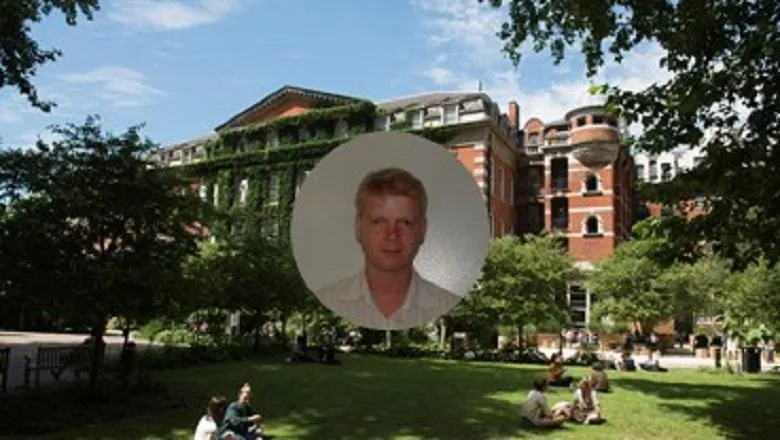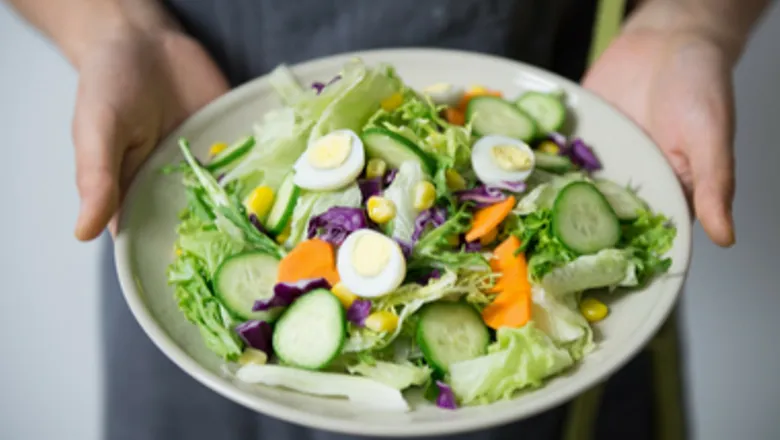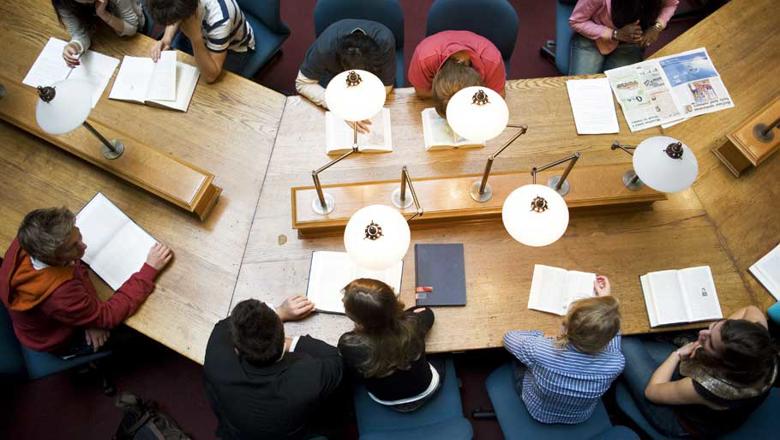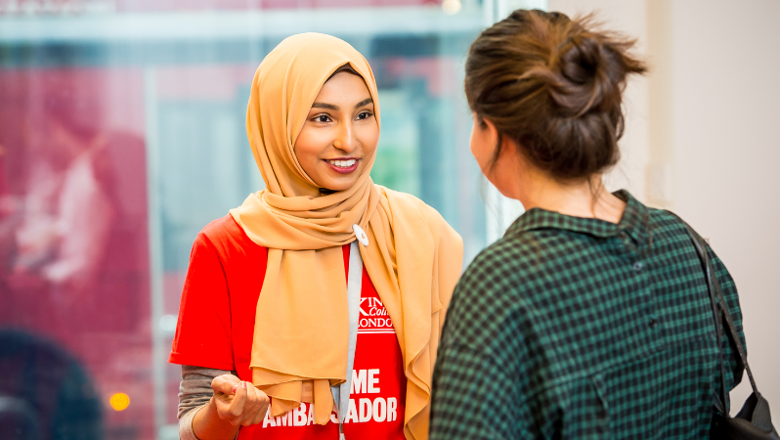
Chat to Dr Chris Corpe
Got a question about Nutritional Sciences? Chat to Dr Chris Corpe on...
Congratulations on your offer to study one of our Nutritional Sciences postgraduate degrees in the Faculty of Life Sciences & Medicine at King’s College London; including Dietetics MSc/PGDip and Nutrition MSc.
We're thrilled to welcome you and look forward to you joining our community. Explore the content below for useful tips and information to help you prepare for your studies and get a feel for your course. There are so many ways you can keep connected over the next few months including chatting to both staff and students and attending events.
You will also find any upcoming events listed below, so please keep checking for updates.
These are not compulsory but are recommended if there are areas you have not studied for a while or that you would like to strengthen your knowledge in, so you can hit the ground running. All the resources you need for the modules above will be communicated to you when you are introduced to course. Anyone looking to get ahead with any reading from the programme may wish to access the Manual of Dietetic Practice (Gandy, J. (2019) Manual of Dietetic Practice. Sixth edition. Newark: Wiley), which is a core reference text for many modules on the programme.
It is important that your knowledge and understanding of nutritional science and metabolism are up to date before you start the course. These books may help if there are areas you wish to review but you may also have your own resources from previous study.
Vorster H, Hill TR, Gallagher A, Lanham-New SA. (2019). Introduction to Human Nutrition, 3rd ed. Wiley-Blackwell.
OR
Lanham-New S, MacDonald I, Roche H. (2010). Nutrition and Metabolism, 2nd ed. Wiley-Blackwell.
This is useful if you want to brush up on your research methods and critical appraisal skills and there are also lots of resources online e.g. http://www.casp-uk.net/
Greenhalgh T. (2014). How to read a paper: The basics of evidence-based medicine. John Wiley & Sons.
Lovegrove J, Hodson L, Sharma S, Lanham-New SA, Krebs J. (2015) Nutrition Research Methodologies. John Wiley & Sons
Improving your skills in this area is a part of the course, but if you would like to start developing these in advance you can spend time exploring foods in the supermarket, read labels and also look at portion sizes through a book like the one suggested here or weighing food at home.
Cheyette, C., & Balolia, Y. (2016). Carbs & Cals. Chello Publishing.
Arrange an online meeting with Dr Kevin Walsh, Dietetics MSc Programme Lead to ask any questions you may have about studying the programme at King's.
Book a meeting at a time that suits you here.
Watch a recording of the Careers and Student Experience Event for postgraduate offer holders. Hear from a panel of faculty staff and current students. Please note that this event took place on 3 June 2024 and some information may have changed since then.
Founded in 1945, the Department of Nutritional Sciences was the first university department of nutrition in Europe and has been at the forefront of evidence-based nutritional science and dietetic research ever since. Our mission is to find new ways to prevent and treat disease by better understanding the mechanisms of human metabolism. Find out more about the department on the Department of Nutritional Sciences webpage.
Watch Dr Chris Corpe deliver an overview of Nutrition MSc.
End of year exams for MSc Nutrition students are held in Period 2, which is normally in early May.
End of year exams will be in person at a college campus venue and students will be provided with a computer to type and submit their answers under timed conditions (2hrs). The exams will be invigilated and there will be no access to google or other websites.
Students who are unsuccessful in their end of year exams will need to resit their exams in Period 1, which is in early January the following year. Marks for resit exams are capped at 50%. Same as P2, all exams are in person and for a duration of 2 hours.

Got a question about Nutritional Sciences? Chat to Dr Chris Corpe on...

Got a question about Dietetics MSc? Ask Clare Cremin on Unibuddy

Find out what life as a postgraduate Life Sciences & Medicine student is...

Find out more about your course and life at King's

Chat to current students and staff to find out about life at King's.

Explore King's campuses.

Covering visa guidance, admissions information, wellbeing support and more

Find out more about accommodation at King's

Find out more about funding opportunities for postgraduate students.

Prepare for your degree at King's and learn academic and language skills.

Experience what it's like living as a student in London.